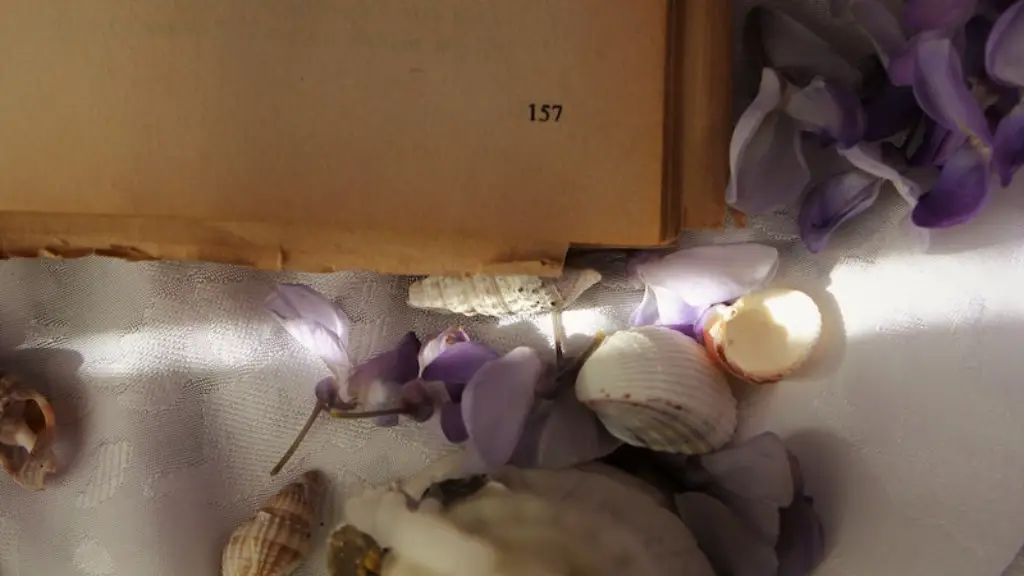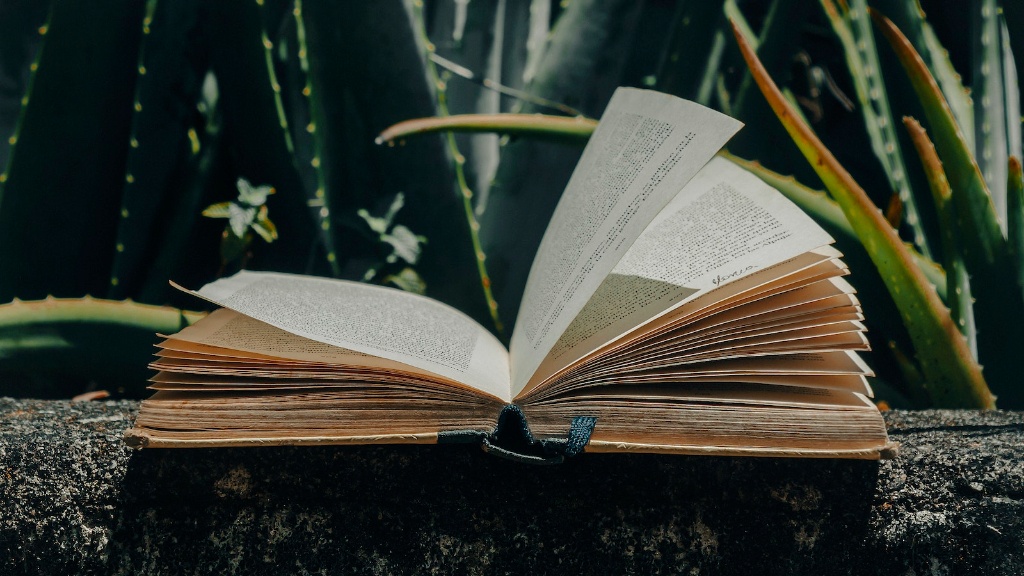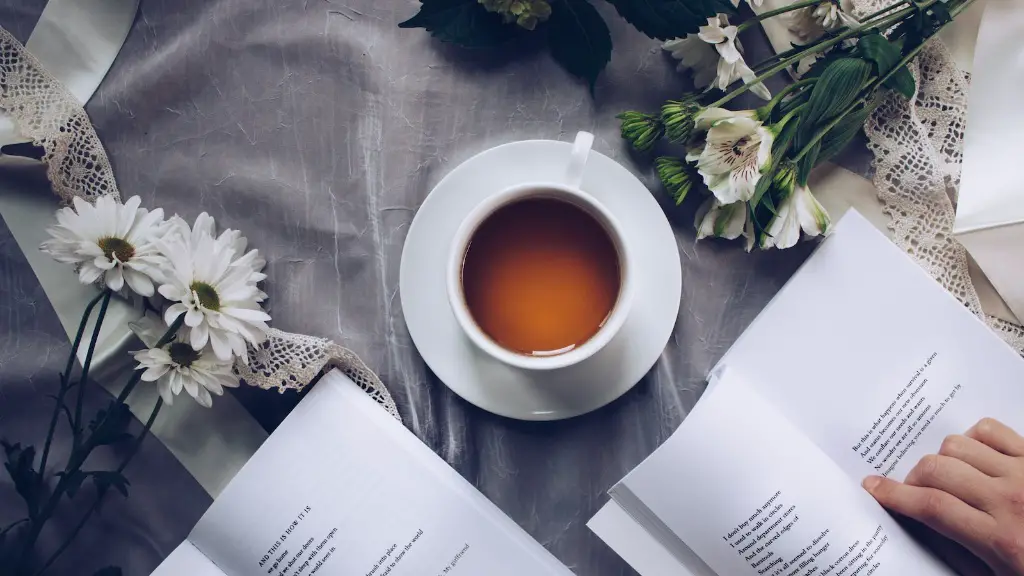Answering Poetry Questions
Answering poetry questions correctly can be a daunting task.When confronted with a poem of any sort, there are a multitude of forms, tones and perspective to consider when answering a poetry question. Many students find it difficult to answer such questions as they are often overwhelmed with a lot of small details as well as large. This article will provide a few tips on how to answer a poetry question correctly.
Firstly, one should read the poem carefully before answering any question. This requires being mindful of the poem’s meter and structure, as these elements will help to inform the reader’s response. Additionally, understanding the poem’s tone and poetic device is paramount in getting the correct answer. One should also pay attention to the poem’s subject and any figurative language used to express its meaning.
Secondly, when answering a poetry question, one should answer based on their own analysis. It is best to avoid making assumptions or generalizations. This can be done by citing lines from the poem and explaining the imagery, metaphors, and concepts within them. Be sure to support your analysis with evidence and appropriate commentary.
Thirdly, develop an effective thesis statement. A thesis statement is a sentence or two which expresses the central idea of the poem. This statement will help to focus the reader’s thoughts and be used as the anchor for the rest of the answer.
Fourthly, use evidence and examples to support the thesis statement. Try to link main points and develop an argument. Questions often relate to the overall effect or purpose of the poem, so using literary devices and citing lines is a great way to illustrate your point.
Lastly, answer in an organized and logical fashion. Knowing how to answer a poetry question can be difficult because poets often approach their work from different angles. One should make sure their responses reflect the poem’s complexities. It is important to incorporate both evidence and analysis in your answer to get the most out of it.
Explaining the Author’s Intent
Analysing the intent behind a poem can be a tricky process. To understand why a poet chose certain words, lines, and metaphors, one should consider the possible reasons for the poem’s creation. Analyse the use of language and its effectiveness in conveying certain emotions. Think about how each stanza or line carries out a certain function in the poem.
Additionally, it is important to consider the poem’s historical context, as the poet’s ecological terrain can influence their work. The author’s social or personal context may also reveal something about their intentions. Keeping in mind the discussed elements can help to better understand what the poet is conveying.
In order to explain the author’s intent, one can use their own interpretations to make a valid connection to the poem. This connection should be supported by evidence taken from the poem itself and formed into an argument. Additionally, it is important to consider form, as the poem’s structure can be indicative of the personal connections between words and actions.
The Impact of Literary Devices
When analysing a poem, it is important to pay attention to the use of literary devices. Such devices may include alliteration, personification, assonance, simile and metaphor. For example, pay attention to the way imagery is used in the poem and how it develops to convey a message. Think about the potential role of tone in the work, and how it contributes to the poem’s overall effect.
Also consider repetition as it is often used to emphasise certain words or ideas. Additionally, one may draw conclusions between words or phrases and the mood they evoke, or the spiritual or physical beliefs they represent. Figuring out how each device contributes to the overall effect of the poem helps develop a better understanding of its meaning.
The Context of the Poem
Considering the context in which a poem was written can help to better inform one’s response. One may consider both the personal and historical context in which the poem was composed. For example, a poet may chose words or phrases which reflect the political climate of the times. Additionally, one should consider the social and cultural issues which may have shaped the poem’s meaning.
Understanding the poem’s context can help to illuminate potential meanings which may have otherwise gone unnoticed. Paying attention to the poem’s particular social, cultural, and historical context can often help to explain why certain words or phrases were chosen. Doing this can provide insight into the greater implications and deeper meanings of the poem.
Exploring Figurative Language
When analysing a poem, looking for figurative language can be a great way to find out what the poet is trying to convey. Keep in mind that metaphors, similes, and other figures of speech can be used to create the desired effect. A poem is often more than the words on the page; it is the feelings and ideas they evoke in the reader.
Look at how words or phrases work together to create a certain mood or atmosphere. For example, a poet may use certain words to evoke a sense of longing. Exploring the use of figurative language can provide the opportunity to better understand the poet’s intention for writing the poem.
Analyzing the Theme
When attempting to answer a poetry question, it is important to consider the theme. A theme is the main idea running throughout the poem. It is important to look for recurring ideas or symbols which may indicate the theme. Pay attention to the words and images which are being used and how they contribute to the poem’s overall purpose.
Consider the poem’s language and form, as they can help to develop the theme. The presence of a strong theme can help to create a powerful emotional response and draw the reader in. When one can grasp the idea running through the poem, they will be better equipped to successfully answer a poetry question.
Applying Metaphors
Metaphors are a great way to answer a poetry question. When reading a poem, one should be mindful of metaphors and pay attention to how they are used. Metaphors are often a great way to express complex ideas and give the reader insight into the poet’s beliefs and perspectives.
When answering a poetry question regarding metaphors, one should consider the relationship between the metaphor used and the overall idea being expressed in the poem. It is important to explain the metaphor and the purpose it serves. Additionally, consider how the metaphor contributes to the overall effect of the poem in terms of tone and meter.
Analysing Rhetorical Devices
When answering a poetry question, analysing the use of rhetorical devices may help to better inform the reader’s response. Rhetorical devices can range from direct address to hyperbole. Analysing their use in the poem can help to understand the nuance of the poet’s words.
Pay attention to the imagery and metaphors in order to discover how the rhetorical devices are being used. Consider the use of rhetoric to build momentum, create drama, and influence the reader’s emotions. Understanding the rhetorical devices used can help the reader to form a strong argument when answering a poetry question.
Considering Form and Structure
Form and structure play an important role when it comes to answering poetry questions. Pay attention to the poem’s structure and its arrangement of words, lines and stanzas. Consider the way each element contributes to the overall effect. The form of the poem can often be indicative of the poem’s purpose and the relationship between each of its parts.
Additionally, consider the length and meter of the poem and how this contributes to its effect. The song and rhythm of the words are often indicative of the poet’s intentions. Consider how the poem builds to a climax or resolution and how the structure contributes to this moment. Taking notice of the form and structure of the poem helps to unlock its deeper meaning.


